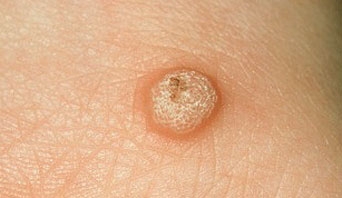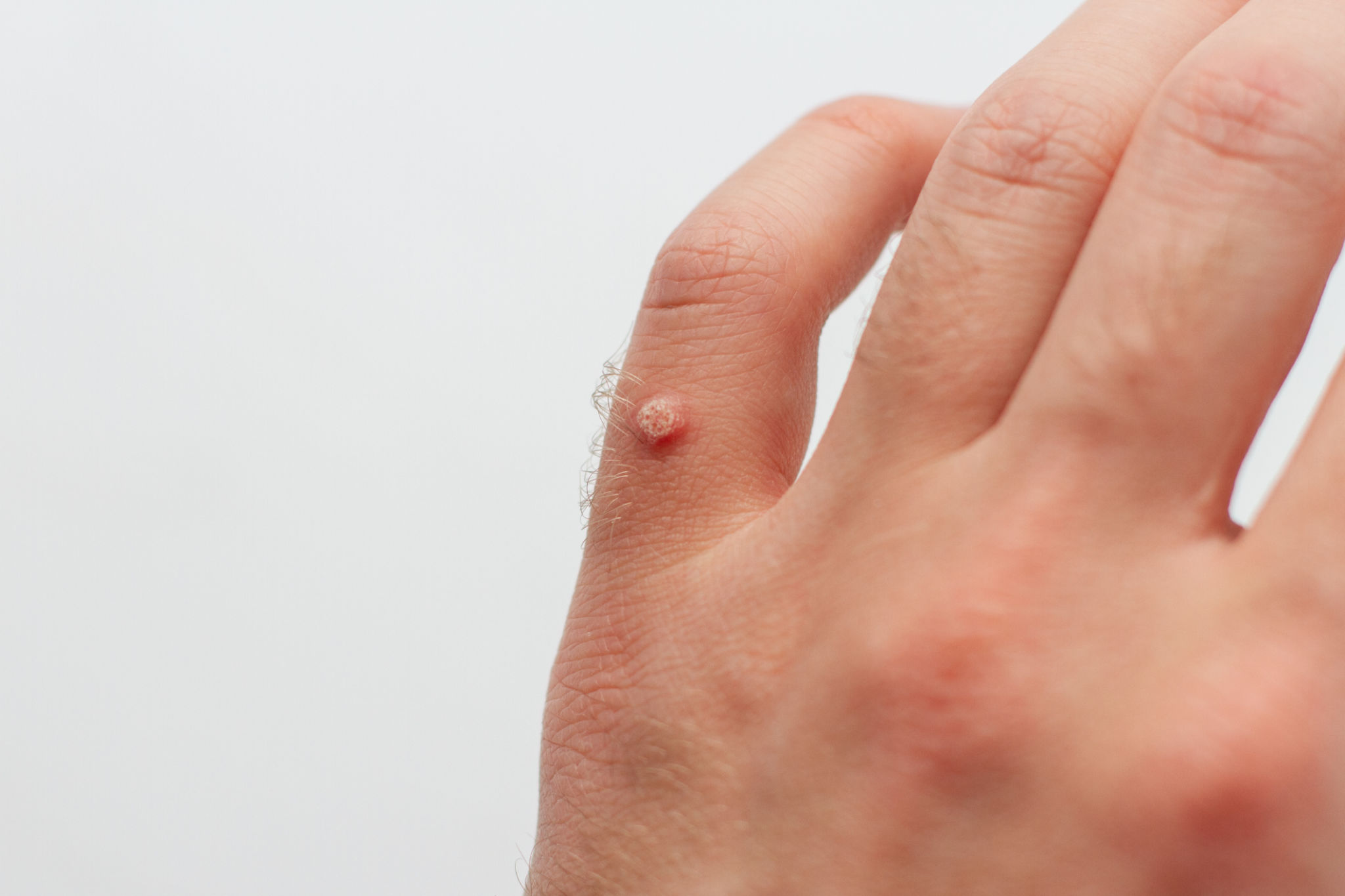
What is Wart
A wart is typically a small growth that appears on a person’s hands or feet and looks like a solid blister or a small cauliflower. They may also appear on other parts of the body.
Warts have a rough texture and are caused by viruses, particularly one of several kinds of HPV (human papillomavirus). It is possible to get warts from others; they are contagious and usually enter the body in an area of broken skin.They typically disappear after a few months but can last for years and can recur.
Types Of Warts
The Common Wart– Common warts are skin growths caused by a virus called the human papillomavirus(HPV).This virus causes a rapid growth of cells on the outer layer of your skin.Common warts usually grow on your hands or fingers. Treatment helps prevent common warts from spreading to other parts of your body or to other people.
Flat Warts –These are flat-topped, smoother looking warts. They are brown or skin coloured. They are most commonly seen on the face of women. They are spread easily by shaving.
Plantar Warts – These are seen on the under-surface of the feet. They are thickened. They can be confused with corns or calluses. They will frequently have thrombosed blood vessels causing black dots. They can sometimes be uncomfortable if they are in weight-bearing areas. Occasionally they can be quite widespread involving large surfaces. They tend to grow into the skin rather than coming outwards as most other warts.
Genital Warts – Genital warts are one of the most common types of sexually transmitted infections.These appear in the genitaland peri-anal skin. They have a variety of appearances. Genital warts affect the moist tissues of the genital area. Genital warts may look like small, flesh- colored bumps or have a cauliflower – like appearance . In some cases, warts are too small to be visible.

Symptoms Of Warts
Prevention
- Do not touch other people’s warts
- Do not use towels, flannels or other personal items of people who have warts
- Do not share shoes and socks with a person who has verrucas
- Do not scratch your warts or verrucas. If you do they will most likely spread
- Wear sandals when going into and out of communal showers
- Wear sandals when walking around communal pools
- Cover your wart or verruca with a waterproof band-aid when you go swimming
- There are special socks you can buy to cover verrucas
- Wear gloves in the gym if you have warts on your hands
- Do not brush, comb, shave, clip areas that have warts
- When filing or cutting your nails do not use the same utensil on the infected nail and then on the healthy nails
- Do not bite your fingernails if you have warts near them
- Keep your hands as dry as possible
- Wash your hands thoroughly after touching a wart.
